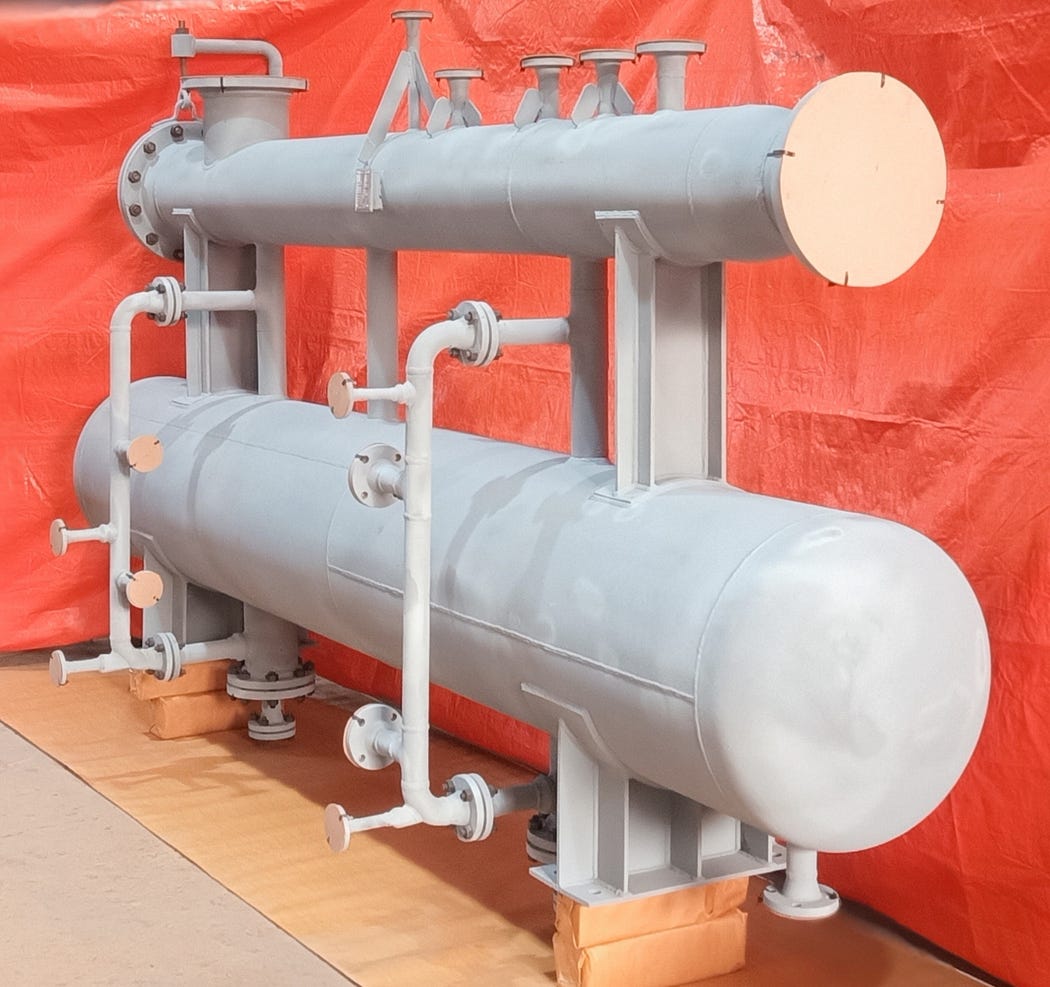Why Filtration Technology is Critical for Sustainable Energy Solutions
Filtration plays a crucial role in sustainability. It ensures cleaner energy production and reduces environmental impact. In the natural gas industry, natural gas filter separators are essential for removing contaminants such as dust, liquids, and solid particulates, which are known to compromise equipment efficiency and increase emissions. Industries use both vertical filter separators and horizontal filter separators to optimize filtration based on space constraints and operational needs. A vertical separator is ideally used where the area is limited, while the horizontal separator enables higher capacity and efficiency in handling large gas volumes. By improving filtration efficiency, these technologies contribute to reducing greenhouse gas emissions, enhancing fuel quality, and supporting the transition to more sustainable energy solutions.

The Role of Filtration in Renewable Energy Systems
Filtration is essential in renewable energy systems as it ensures efficiency, reliability, and environmental sustainability. In wind energy, filtration prevents dust and moisture from damaging turbine components, reducing wear and extending operational life. In solar power, clean water filtration is crucial for maintaining panel efficiency by preventing dirt buildup that can obstruct sunlight absorption. Bioenergy systems rely on effective filtration to remove impurities from biomass feedstock, ensuring cleaner fuel combustion and minimizing emissions. In addition to this, hydrogen production and fuel cell technology depend on advanced filtration to eliminate contaminants that can degrade system performance.
By integrating high-quality filtration solutions, renewable energy systems can operate more efficiently, reduce maintenance costs, and support a cleaner, more sustainable future.
Filtration in Hydrogen and Carbon Capture Technologies
Filtration plays a vital role in both hydrogen production and carbon capture technologies. This ensures efficiency, reliability, and environmental sustainability. In hydrogen production, contaminants such as particulates, moisture, and oil must be removed from feed gases to prevent damage to electrolyzers, fuel cells, and storage systems. Advanced filtration solutions can help achieve high-purity hydrogen, which is essential for optimal performance in fuel cells and industrial applications.
In a similar fashion, carbon capture technologies rely on effective filtration to separate CO₂ from industrial emissions. Filtration systems remove dust, aerosols, and other impurities before gas enters absorption units, improving capture efficiency and preventing equipment fouling. By enhancing the purity of captured carbon and hydrogen, filtration technology supports cleaner energy production, reduces greenhouse gas emissions, and accelerates the transition toward a low-carbon economy.
Innovations in Filtration Technology for a Greener Future
Innovations in filtration technology are driving cleaner and more sustainable energy solutions across various industries. Advanced nanofiber filters, electrostatic precipitators, and self-cleaning filtration systems are improving efficiency by capturing even the smallest contaminants with minimal energy consumption. In renewable energy, cutting-edge filtration designs help optimize biofuel production, enhance hydrogen purity, and extend the lifespan of wind and solar components by preventing dust and moisture buildup.
In addition to this, smart filtration systems equipped with real-time monitoring and predictive maintenance capabilities help in reducing waste, lowering operational costs, and improving environmental compliance. As industries seek greener solutions, these innovations are playing a crucial role in reducing emissions, conserving resources, and supporting a more sustainable future.
Choosing the Right Filtration Solutions for Sustainable Operations
Selecting the right filtration solutions is essential for maintaining sustainable operations across various industries. The choice of filtration technology depends on factors such as the type of contaminants, flow rates, and environmental regulations. High-efficiency filtration systems help reduce waste, lower emissions, and extend equipment lifespan, ultimately minimizing energy consumption and operational costs.
Industries involved in renewable energy, hydrogen production, and carbon capture must use advanced filtration solutions that ensure cleaner processes and compliance with sustainability goals. In addition to this, modern filtration technologies with automated monitoring capabilities help in improving efficiency by optimizing filter performance and reducing maintenance downtime. By investing in the right filtration systems, industries can enhance operational reliability while contributing to a greener, more sustainable future.
The location of installation of these filters are in Saudi Arabia and Kuwait, Nigeria
Comments
Post a Comment